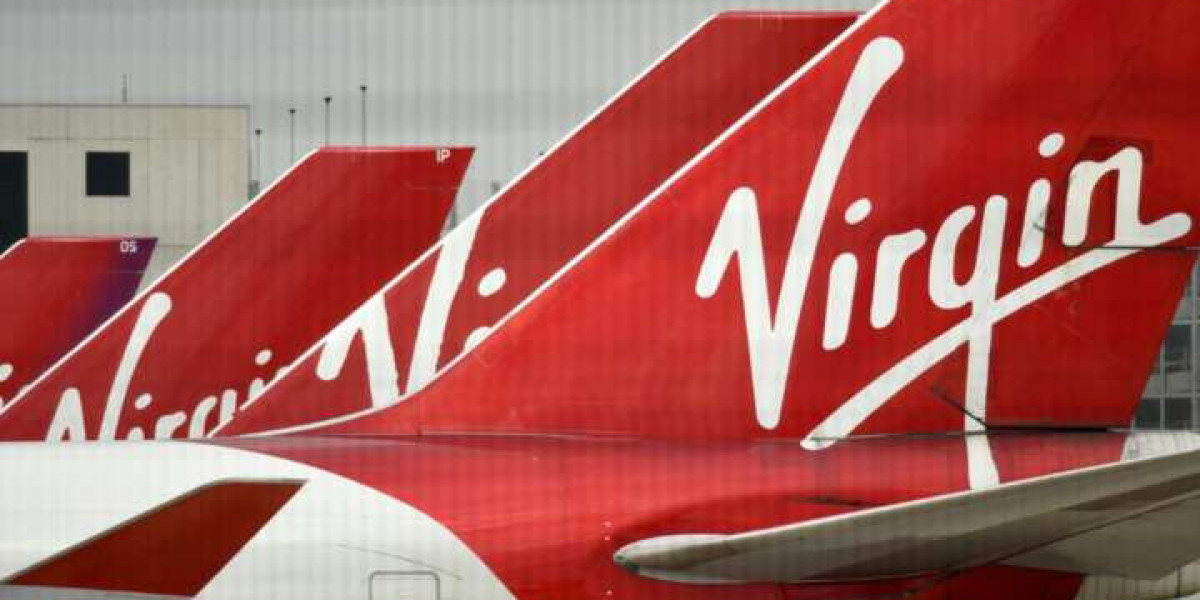British airline Virgin Atlantic made history by conducting the first long-haul flight entirely powered by Sustainable Aviation Fuel (SAF). However, environmental groups criticized the event, labeling it as "greenwashing," a term indicating deceptive environmental claims by companies.
The Boeing 787 aircraft, featuring Rolls-Royce engines, departed from London's Heathrow airport en route to New York's JFK without cargo or paying passengers. Virgin Atlantic founder Richard Branson highlighted the significance of innovation in attempting to improve practices for the collective benefit, expressing his optimism about achieving better outcomes.
This flight marked the first instance of SAF utilization in both engines for a long-haul commercial flight. SAFs, derived from renewable biomass and waste resources, can be blended with kerosene up to 50% and are viewed as a critical solution for reducing carbon emissions in the aviation sector. However, the technology is still emerging, production remains costly, and SAFs are used in combustion engines that produce carbon dioxide. True decarbonization occurs by reusing plant matter rather than extracting hydrocarbons.














